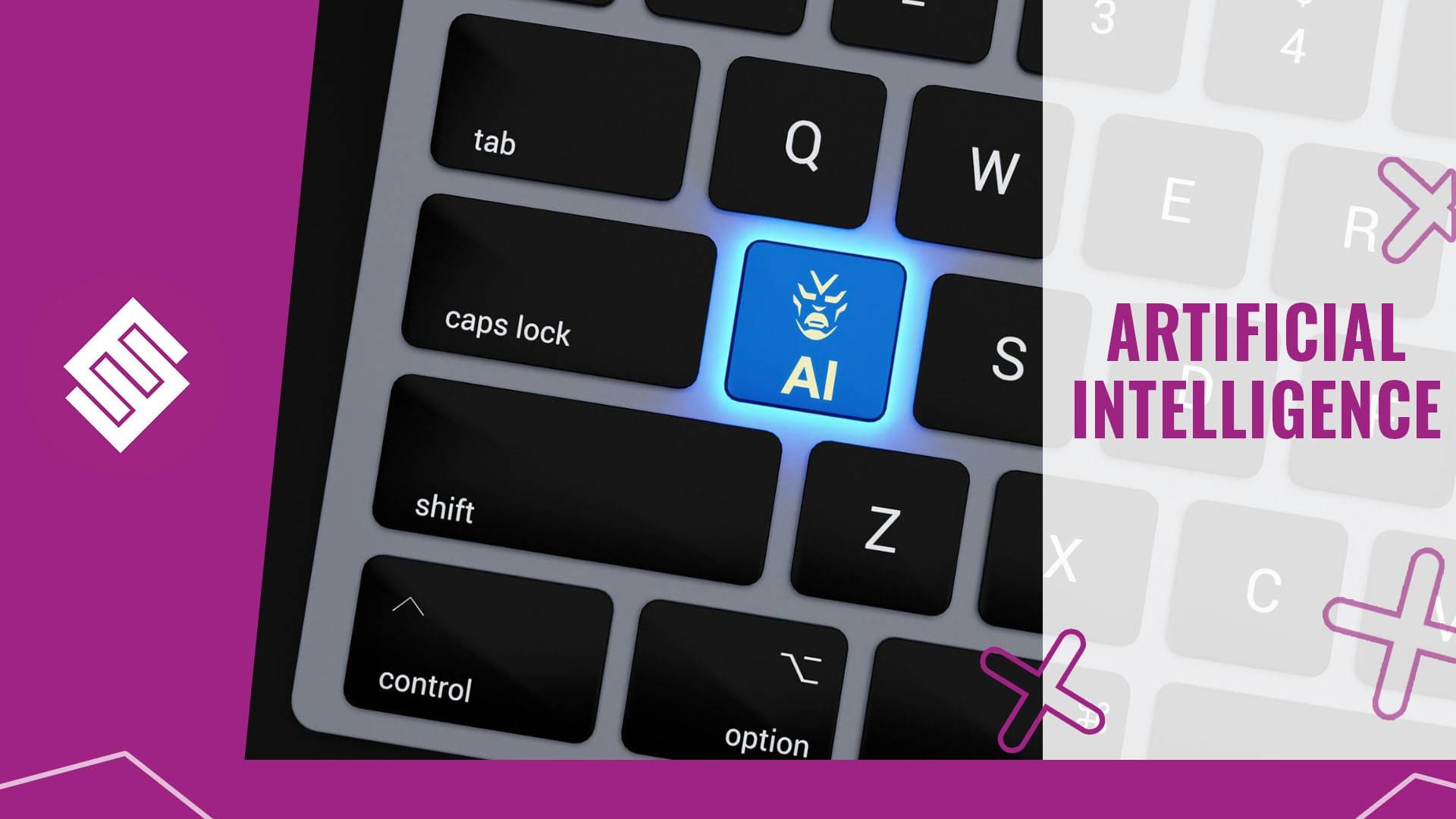A new study has revealed that AI (artificial intelligence)-powered search engines are sending people to broken web pages almost three times more often than Google.
The research, carried out by Ahrefs on 16 million web addresses, found that ChatGPT often creates what experts call “URL hallucinations” – fake links that look real but don’t exist. About 2.38% of the links from ChatGPT went to error pages, while Google’s top results only had a 0.84% error rate.
This matters because more people are using AI tools to search online. If your business is mentioned in AI-generated content, but the link is broken, you could lose visitors, or worse, annoy potential customers.
But why is ChatGPT doing this? In some instances, it’s using old information and suggesting pages that have been deleted or moved. In others, it’s simply inventing links that sound right but never actually existed.
At the moment, AI-driven traffic is small – only 0.25% compared to Google’s 39.35% – but it is rising. As more people use AI for search, the risk of broken links in AI content will increase.
What can business owners do?
You can improve your 404 pages, so they help visitors when they land on broken links, and set up redirects for fake links that get traffic. This will protect your brand and keep users interested, even when AI gets it wrong.
As AI changes how people find businesses online, GEO (generative engine optimisation) is becoming more important. GEO helps your content appear in AI searches, making sure your business is shown in the right way and is easy to find. Speak to Engage Web today to find out how SEO and GEO can help your business grow in the age of AI search.
- Will a new website actually generate leads or sales? - January 2, 2026
- How much should my SEO cost? - December 19, 2025
- What to look for in a web design agency - December 18, 2025



